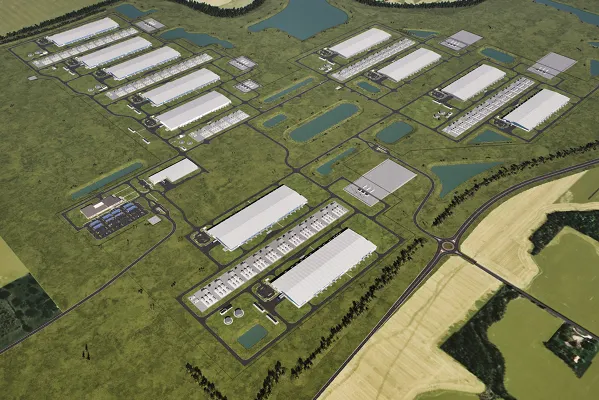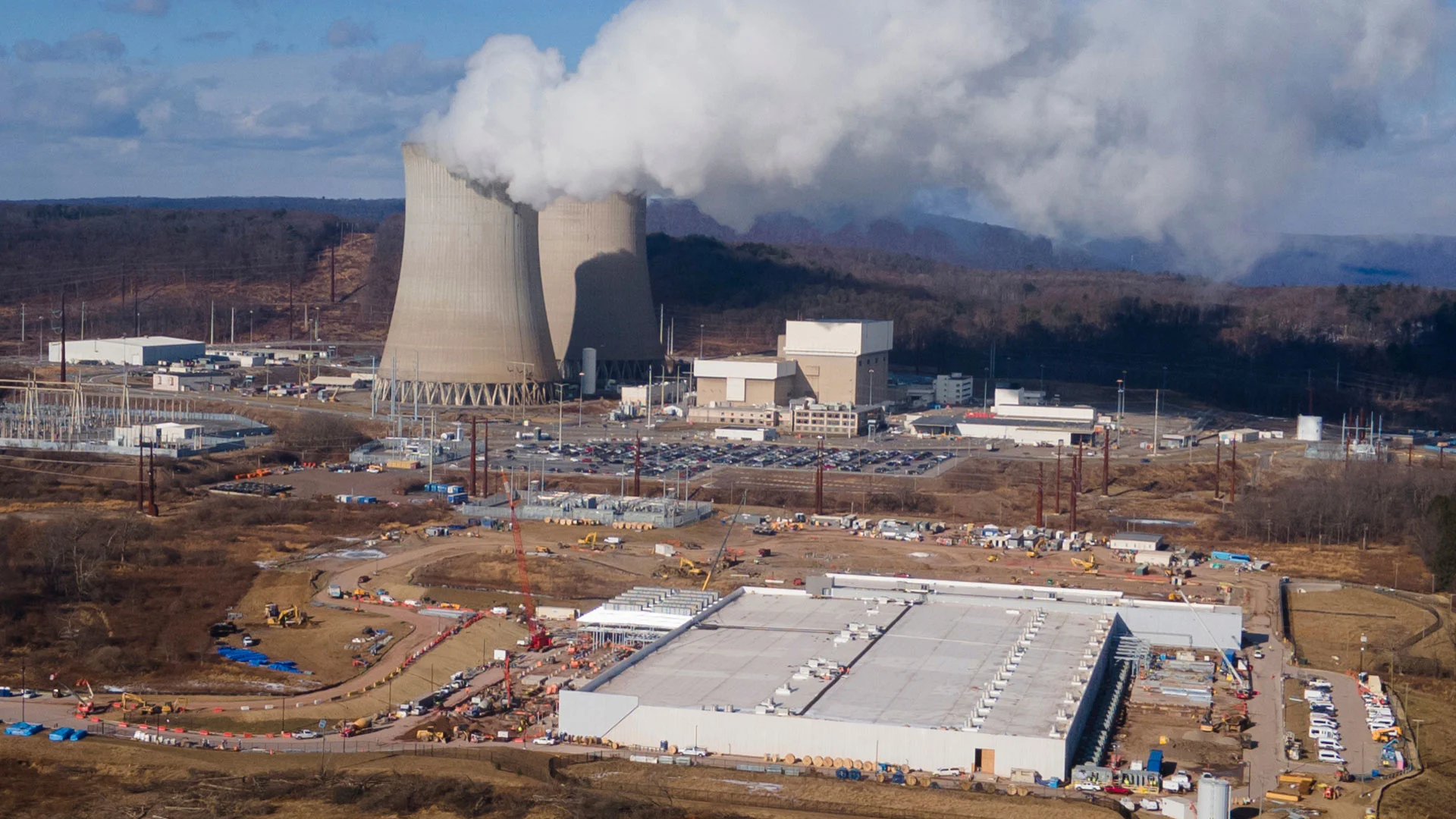fromTechRepublic
3 hours agoShark Tank's Kevin O'Leary Plots Massive Data Centers Across US, Canada
We have under development approximately 26,000 acres across two jurisdictions with the infrastructure necessary to support power generation and compute capacity at scale. Each Wonder Valley campus is expected to provide 7.5 gigawatts of power generation capacity, creating a combined initial power plan of 15 gigawatts.
Venture





















